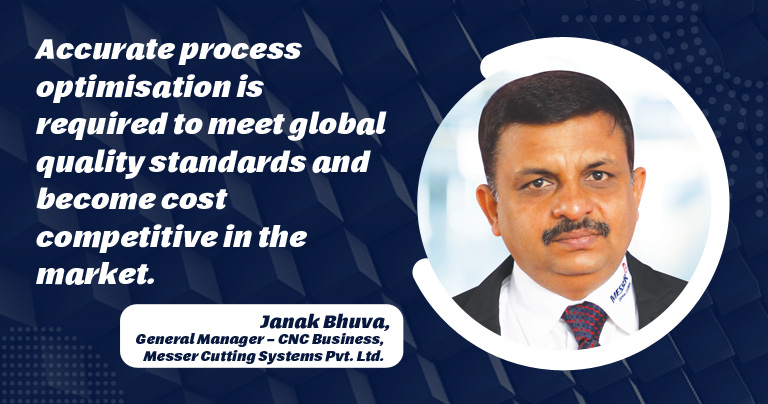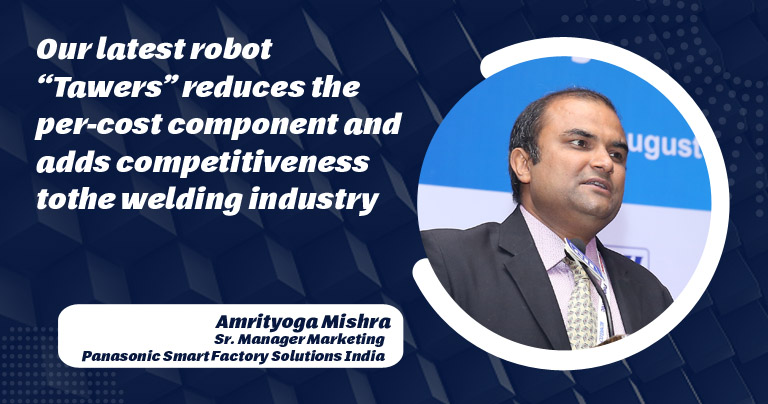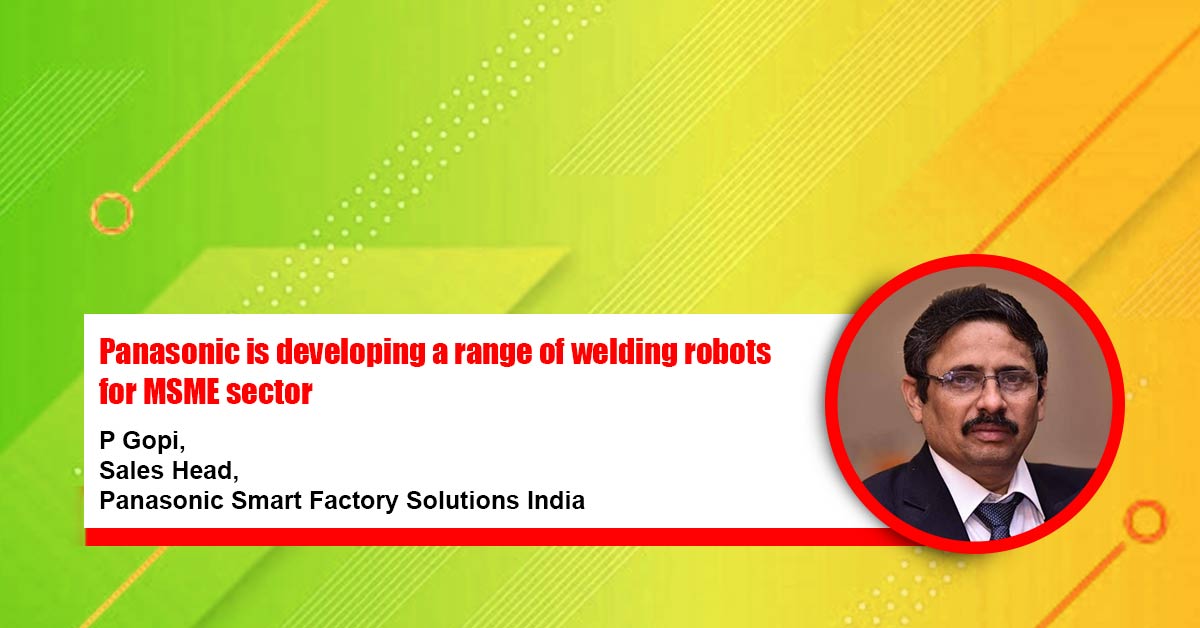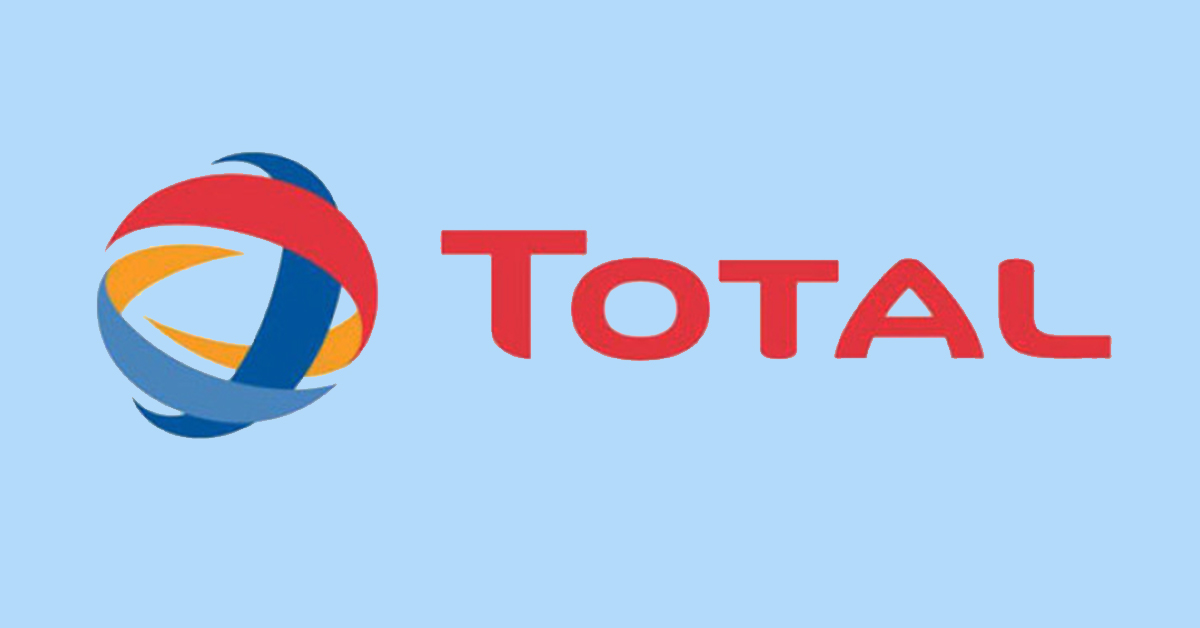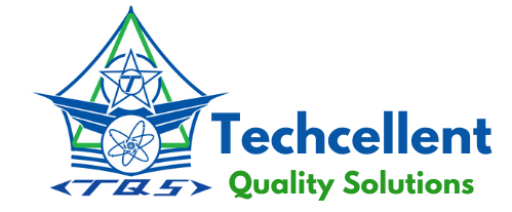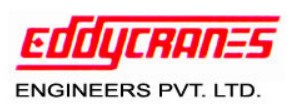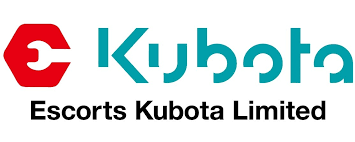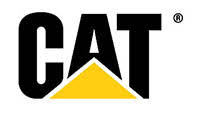Standards for procuring welding consumables
By Edit Team | July 28, 2014 10:41 am SHARE
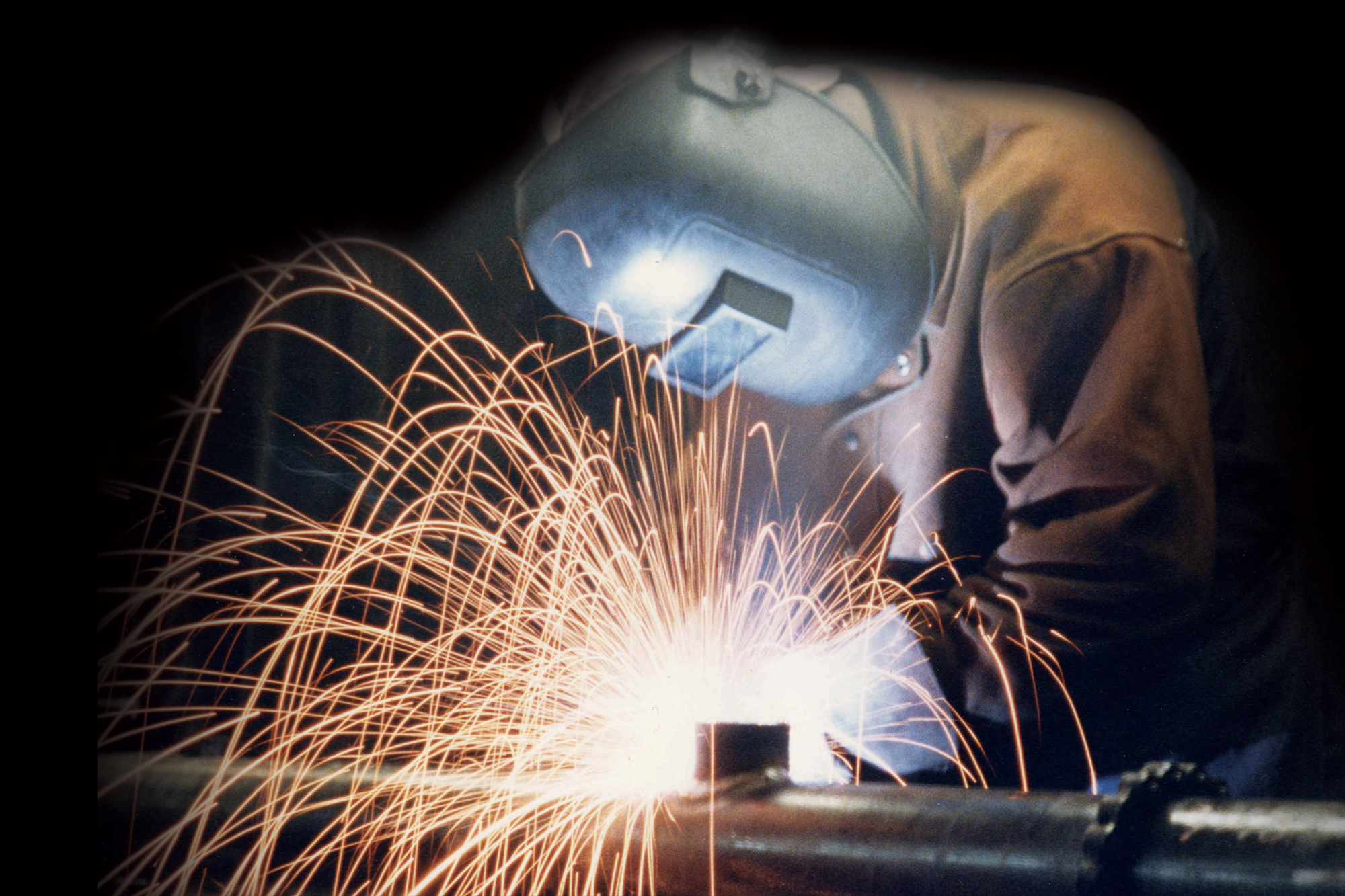
Procurement guidelines with ISO standards help achieve not only improved efficiency in operations, but also international recognition to the products. The article talks about the necessity and benefits of the same for welding industry
A company wishing to be recognised for compliance to a particular standard, can prepare for, and apply to be audited for the desired certification. The most high profile products of the ISO are for good management practices and are known as the Quality Management (ISO 9001:2000 QMS) and Environmental Management (ISO 14001:2004) standards, although many other standards exist for various industries.
What are ISO standards?
ISO stands for the International Organisation for Standardisation. This is a non-governmental institution that promotes standardisation developments worldwide. The ISO employs a quality management standard that applies to the procedures that create and manage the products and services offered by an organisation.
The ISO has laid out a series of standards to establish accepted practices, technical requirements, and terminologies for products, services and systems that, when adopted by a company, ensures clients, suppliers and end-product users of a universal level of quality for that particular area of certification. The standards are designed to ensure the most effective, safe and efficient methods and products possible.
Individual countries generally have their own national standards certifying bodies with accreditation for auditing and certifying companies and institutions according to the ISO standards. Information on how to get ISO certified is available through literature provided by these certifying bodies, or directly from the ISO.
The reasons to get ISO 9001:2000 QMS or other standards certifications include not only improved efficiency in operations, but also international recognition. The companies certified for a particular standard may display the ISO logo with the proper standard number, to publicise compliance, on their labels, posters and other media.
Procurement guidelines under ISO 14344:2010
Now as for other industries, there have been set procurement guidelines for welding consumables also. ISO 14344:2010 specifies tools for communication between a purchaser and a supplier of welding consumables within quality systems, such as those based upon ISO 9001.
“In production, the components of welding consumables are divided into discrete, predetermined quantities so that satisfactory tests with a sample from that quantity will establish that the entire quantity meets specification requirements,” says Rashmiranjan Mohapatra, National Sales Manager, KEMPPI INDIA. “These quantities, known by such terms as heats, lots, blends, batches and mixes, vary in size according to the manufacturer.
In practice, for identification purposes, each manufacturer assigns a unique designation to each quantity. This designation usually consists of a series of numbers or letters, or combinations thereof. This data enables the manufacturer to determine the date and time (or shift) of manufacture, the type and source of the raw materials used, and the details of the procedures used in producing the welding consumable.
“The designation assigned by the manufacturer stays with the welding consumable and can be used to identify the material later, in those cases in which identification is necessary,” adds Mr Mohapatra.
The actual method
ISO 14344:2010, together with an applicable International Standard or other standard for welding consumables, provides a method for preparing those specific details needed for welding consumable procurement which consists of:
• The welding consumable classification (selected from the applicable International Standard or other standard for welding consumables)
• Lot classification
• Testing schedule.
Selection of the specific welding consumable classification, lot classification, and testing schedule depends up on the requirements of the application for which the welding consumable is being procured. However, ISO 14344:2010 does not apply to non-consumable electrodes or shielding gases.
Thus it is clear that these procurement guidelines need to be followed
by the professionals in the welding industry to ensure quality of their products as well as get recognition on global platform for business development.
Cookie Consent
We use cookies to personalize your experience. By continuing to visit this website you agree to our Terms & Conditions, Privacy Policy and Cookie Policy.


